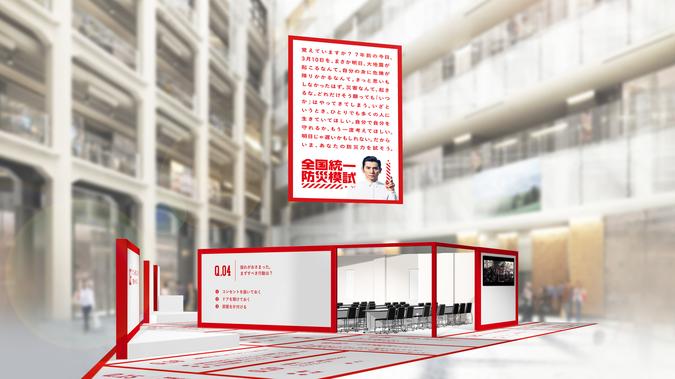ASCII Startup Startup increases market capitalization What is the role of CIPO required for growth in Japan?
This article is a reprint of an article published on the IP BASE community site on intellectual property and startups of the Patent Office (external link https://ipbase.go.jp/). .
Masahito Taniguchi, Representative Director of MyCIPO Co., Ltd. After graduating from the Faculty of Science and Engineering at Chuo University, he worked at Aucnet Co., Ltd. and Oki Electric Industry Co., Ltd. before joining OPTiM Co., Ltd. As the head of intellectual property strategy, he has established alliances and joint ventures with large companies and local governments, centering on intellectual property strategy. In 2018, OPTiM received the Intellectual Property Achievement Award from the Ministry of Economy, Trade and Industry, and in the same year, the Patent Office commended it as an excellent company that utilizes the intellectual property rights system. In March 2020, established MyCIPO Co., Ltd. As Japan's only rental CIPO (Chief Intellectual Property Officer), he creates competitive advantages for the companies he supports through intellectual property strategies.
Unlisted startups with a market capitalization of more than $1 billion, called unicorns, are rarely born from Japan. In order to overcome this current situation, MyCIPO Co., Ltd. established MyCIPO Co., Ltd. in 2020 with the mission of realizing a society where anyone can create a competitive advantage. Mr. Masahito Taniguchi, who is the only rental CIPO (Chief Intellectual Property Officer) in Japan and supports the intellectual property strategies of many startups, talks about how to create a competitive advantage in intellectual property strategies and its effectiveness. I asked.
The role of the CIPO, who creates an overwhelming competitive advantage through intellectual property strategies and shows the future potential of the company
Mr. Taniguchi became involved in intellectual property when he joined the company as a new graduate. It all started with my experience when I was involved in launching a new business at a venture company. He created the world's first service, but because he didn't have a patent, he was imitated by competitors. After that, he moved to the intellectual property department of Oki Electric Industry Co., Ltd. in order to build a career in intellectual property in business.
"At that time, I was summarizing the inventions of the business division and creating an invention proposal to be handed over to the patent office. By working in the intellectual property department of a large company for eight and a half years, I was able to experience patent applications in a wide range of fields, and I was able to understand the pattern through an overwhelming number of applications. (Mr. Taniguchi)
In 2013, he became the CIPO of OPTiM Co., Ltd., which provides solutions for AI, IoT, and big data. The market capitalization at the time of participation was about 7 billion yen, but after going public, it temporarily exceeded 220 billion yen, growing more than 30 times. The market capitalization has grown more than 30 times while sales have grown three times, and the market has high expectations for future growth. OPTiM actively utilizes intellectual property to build an ecosystem centered on its own company, such as by partnering with multiple companies and local governments and establishing joint ventures. This has created a virtuous cycle in which brand power is enhanced and reflected in stock prices.
"Companies and local governments partner with us because we have intellectual property. Because we have a competitive advantage through intellectual property, we have created a climate in which various companies want to partner with us. These days, Technology advances so fast that it is difficult to prevent it from being imitated with only cutting-edge technology.Even if you try to hide your know-how, if the human resources are headhunted, the know-how will flow out. Acquisition and not being imitated is suitable for the current times.”
In 2020, as Japan's only rental CIPO (Chief Intellectual Property Officer), MyCIPO Co., Ltd. was established to create an overwhelming competitive advantage for supported companies through intellectual property strategies.
https://www.mycipo.com/
Mr. Taniguchi's intellectual property strategy focuses on creating an overwhelming competitive advantage. Specifically, it is a method of "thoroughly pursuing customer value, which is the point that customers are happy with, acquiring a patent for the method of realizing that customer value, and monopolizing customer value."
"There are various effects of intellectual property, but the biggest effect in a company is that it can be monopolized without being imitated by anyone. Therefore, the intellectual property strategy in a company is to It can be said that it is a long-term strategy that answers the questions, "Will the company grow?"
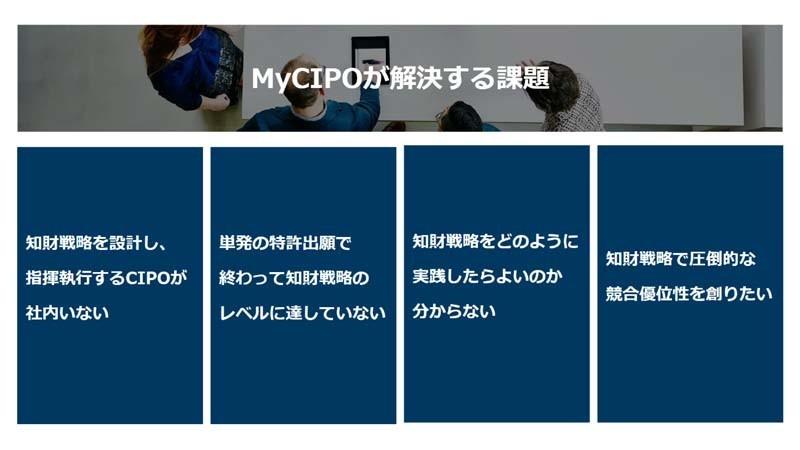
The role of CIPO in bridging the gap between startup managers and patent firms
Many startup managers are aware of intellectual property, but when it comes to specific strategies, what do they do? I often wonder if I should do it. According to Mr. Taniguchi, there are many cases in which a patent firm has been asked to act as an advisor, but years have passed without being able to file an application.
There is a gap between the management and the patent office in this kind of problem. As a manager, I think that the patent office will conduct interviews and propose inventions or create them, but the scope of the patent office's business is agency procedures to the patent office, dispute resolution, and litigation. It is an agency business, etc., and it is common that they do not propose inventions or make them from scratch. Mr. Taniguchi believes that it is the role of CIPO to fill such a gap in startups.
“Startups need a CIPO who can coordinate inventions as well as formulate and direct intellectual property strategies. Ideas from management and business departments are great as 'business ideas.' , From the viewpoint of intellectual property, it is not organized as an invention, so even if you tell a patent office as it is, it will not be a patent that provides customer value or contributes to sales / profit expansion. In addition, we need a 'command and execution CIPO' that can oversee the entire business, formulate and execute intellectual property strategies for customer value, and coordinate inventions." (Mr. Taniguchi)
The clear effect of intellectual property in corporate activities is that "it can be monopolized without being imitated by anyone". For this reason, Mr. Taniguchi says that a company's intellectual property strategy is a long-term strategy that answers the question, "What should be monopolized to grow the company?" “The CIPO (Chief Intellectual Property Officer) is in a position to direct and execute intellectual property strategies, so it depends on the skill of the CIPO to decide what to monopolize to grow the company.”
MyCIPO says that the following four issues are to be solved by rental CIPO.
1. There is no CIPO in the company who designs and directs the IP strategy. 2. It ends with a one-time patent application and does not reach the level of the IP strategy. 3. How should the IP strategy be put into practice? I don't know (4) I want to create an overwhelming competitive advantage with my intellectual property strategy
First, we will communicate with the managers and business managers of the companies we support to understand the situation, design the optimal intellectual property strategy for that business, and then direct and execute the intellectual property strategy. For intellectual property strategy, it is important to design a policy to aim at from the beginning. Also, a single patent application will only produce a single effect. For this reason, we investigate what the customer value is in the business we support, obtain a patent for the idea that realizes it, and build a portfolio without omissions.
MyCIPO undertakes all the work that an in-house CIPO has to do as a rental CIPO. Since I am working as an in-house CIPO, unlike patent firms and consulting firms, I am in a position not only to design intellectual property strategies, but also to direct and execute those intellectual property strategies. Precisely because I am in the position of internal CIPO, I also create invention proposals that complete inventions that realize customer value, so that know-how on intellectual property strategies remains.
In addition, since we are in the position of an in-house CIPO, we do not carry out agency procedures, and like the intellectual property department of a company, we will carry out the invention proposal in-house until it is completed, and when we file an application, we will acquire the right. It is a form of requesting to a patent office that is suitable for Mr. Taniguchi says that there are more merits for a CIPO than obtaining a patent attorney qualification. For example, it can be clearly said that it is unnecessary for unnecessary patent applications by not representing the patent office. Therefore, it is said that the company can concentrate on the patent application that is really necessary for the supported company.
Of course, in addition to patent applications, one of the most important tasks is to support the utilization of rights beyond that. “If you put together a video of an attractive future that only your company can create, and show that you have the necessary patents, you have a high chance of obtaining an agreement. Proposing superiority in an easy-to-understand manner is effective for alliances.”
In addition, in order to indicate patents as the basis of competitive advantage, he tries to write clear and easy-to-understand scope of rights so that anyone who reads it can imagine the same things and things. If you greedily use ambiguous terms in order to obtain a wide range of rights, it will be difficult for the other party to understand you.
As a result, supported companies increased sales/profits, capital alliances/business alliances with promising companies, formed ecosystems centered on their own companies, comprehensive agreements with local governments, improved brand power, Cabinet Office/Ministry of Economy, Trade and Industry / It is said that results such as commendation from the Patent Office / making it a case, favorable fund procurement, and improvement of corporate value are visible.
The key point is, "What should we monopolize to grow this company?" The company is an advanced company, with the president at the head of the company and the entire company working together on an intellectual property strategy, and the results have been great.
For example, in the field of agriculture and IT, we first define customer value, such as improving production efficiency and resolving the lack of successors, as points that will please the customer. Next, the business department and the intellectual property department work together to thoroughly examine how to realize the customer value, create an invention proposal in line with the realization method, and complete the invention. It is said that it is possible to create an overwhelming competitive advantage by taking patents with the intention of "how to monopolize customer value with intellectual property strategies in the future" rather than to protect one-off technology.
"The era of creating and selling is over. Therefore, products that cannot provide customer value cannot be sold. If you protect the functions that users want to use with patents, competitors' products will not include the functions that users want to use. If you build a patent portfolio based on customer value, you will gradually create a competitive advantage, and if you continue for three years, you will be able to create an overwhelming competitive advantage.” (Mr. Taniguchi)
With the exception of biopharmaceuticals with special intellectual property and companies that only conduct basic research, this intellectual property strategy is effective for most business companies. In addition to OPTiM, similar intellectual property strategies are being pursued, and it is said that the IT, manufacturer, logistics, construction, infrastructure, and finance sectors, where he is the rental CIPO, are gradually beginning to see results.
What Mr. Taniguchi practices is the effective utilization of intellectual property, starting from the company's mission, vision and customer value. In order to accelerate the growth of many startups, Mr. Taniguchi emphasizes that the challenge is to increase the number of CIPO personnel who can translate the business ideas in the heads of managers and business departments into customer value and coordinate inventions. do.
"Startup CIPOs are required to have the ability to clearly answer the question of what should be monopolized to grow the company.In addition, the ability to hear and summarize ideas and technologies to turn them into intellectual property. Based on the intellectual property strategy designed from such a perspective, CIPO will complete inventions to create competitive advantages. Various knowledge and sensibilities are required in order to compile an invention proposal with an awareness of rights utilization, such as what kind of patent should be made.
It would be nice if there were more CIPOs at startups who were interested in the business, had the creative ability to coordinate inventions, and could give a clear answer as to what they should monopolize in order to grow the company."



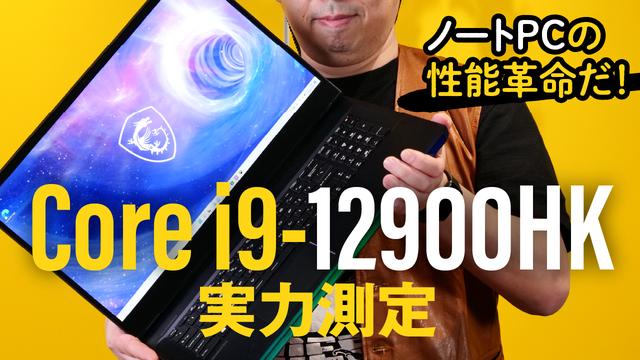
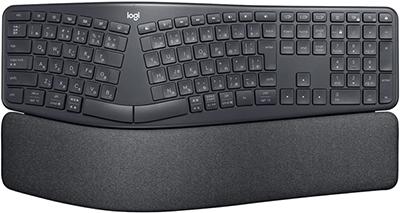
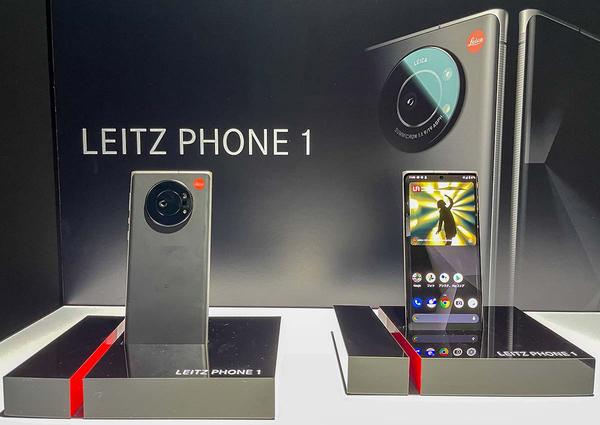
![[July 6 and 7] DX realized by content cloud, advanced platform for business transformation](https://website-google-hk.oss-cn-hongkong.aliyuncs.com/drawing/article_results_9/2022/3/9/6bbafe438d78271513761788166cbf94_0.jpeg)

